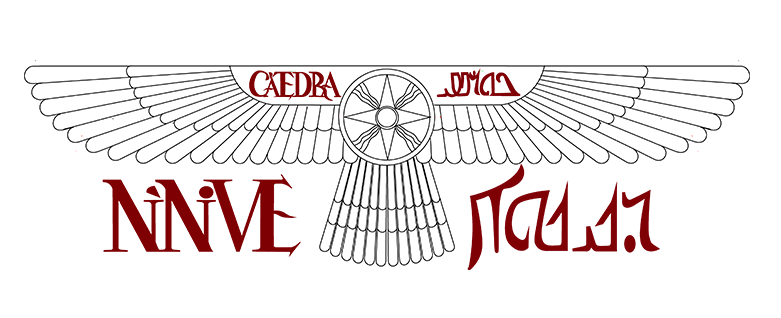Professor Etlal Salim Hanna, Ph.D
Department of History, University of Mosul
Areas of Expertise & Research Interests
- Modern and Contemporary History of Arab Lands (particularly Iraq and the wider Middle East)
- Ottoman history, especially the relations with Christian communities in the Mosul region and archival studies
- Use of historical documents / archives (Ottoman archives, government records)
- Studies of inter-state relations in modern period (for example, Egyptian-Ethiopian relations 1952-2015)
- Themes such as cultural heritage (e.g. Syriac heritage), minorities, religious communities, and sustainable development through cultural/linguistic identity
- Digital humanities / methods: some work involving artificial intelligence, natural language processing, digitization and analysis of historical documents (e.g. Ottoman policies towards Christians in Mosul 1889-1918)
Academic Profile & Position
- Currently affiliated with University of Mosul, College of Education for Human Sciences, Department of History (Modern & Contemporary History)
- Also has affiliation / previous work with University of Al-Hamdaniya in Iraq
- Has authored around 50 publications in his area, with thousands of reads on ResearchGate.
Selected Publications & Representative Work
Here are some representative works to illustrate his scholarship:
- Egyptian-Ethiopian Relations 1952-2015” – examines how political systems, border/water disputes, and dam construction shaped relations between Egypt and Ethiopia.
- “Christians in the Ottoman Archives in the States of Mosul and Egypt, 1876-1909” – focuses on archival sources, Christian communities under Ottoman rule, and relations to the state.
- “Artificial Intelligence and Historical Documents: Analysis of Ottoman Policies towards the Christians of the Mosul City 1889-1918” – a project/research that applies machine learning / NLP / digitization to Ottoman source materials to study the treatment and administrative policies regarding Christian populations. ([Iraqi Academic Scientific Journals][4])
Contributions and Significance
Prof. Hanna’s work is valuable for a number of reasons:
- He helps recover and illuminate lesser-studied aspects of the history of minority / Christian communities in Mosul (and the broader Ottoman Arab world) using archival sources.
- He integrates cultural, religious, and linguistic heritage into discussions of modern history, showing how identity and minority heritage matter for understanding societal change, conflict, and development.
- His methodological openness (towards digital tools, AI, NLP) shows commitment to modern approaches in historical studies, making older documents more accessible and analyzable.
- Because of where he works (Iraq, Mosul), his scholarship is also important for regional historiography and for contributing to local understandings of history, heritage, and minority identity.

